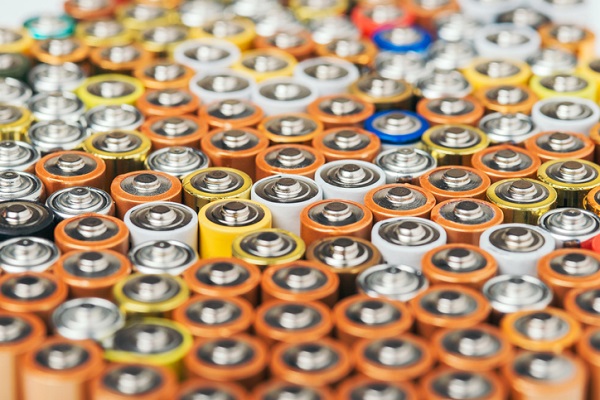B-Cycle, Australia’s battery recycling scheme, releases performance report
Australia’s official government-backed battery recycling Scheme, B-Cycle, has released its first performance report – Positive Charge, highlighting the rapid scale and pace of the innovative product stewardship scheme since its launch in February 2022.
The Scheme has doubled the national collection rate of loose batteries and power tool batteries, recycling the equivalent of 38 million AA batteries in its first six months – enough loose batteries to wrap halfway around the world.
ADVERTISEMENT
Founded by a not-for-profit organisation, the Battery Stewardship Council (BSC), B-cycle aims to combat one of the nation’s fastest-growing waste streams by providing Drop-off points in thousands of locations for people to safely and conveniently recycle loose batteries.
Every year, Australians buy enough batteries to circle the planet Earth 7.2 times and until now 90% of these used batteries have been going to landfill, causing environmental impact and wasting precious resources.
The Positive Charge Report reveals that in just six months:
- B-cycle has significantly increased consumer access to battery recycling by establishing 3,200 Drop-off points across all states and territories
- The Scheme has collected over 918,000kg of used batteries from across Australia
- Australians are increasingly motivated to recycle their used batteries; with the B-cycle website servicing over 65,000 unique searches for the closest B-cycle drop-off point
- B-cycle has seen impressive participation with over 100 organisations participating including 48 importers and 28 retailers
- B-cycle continues to attract leading industry brands
- An estimated 90% of loose battery imports are now covered by the Scheme
B-cycle chief executive Libby Chaplin attributes the Scheme’s expansive progress to their open-source model, which involves everyone in the supply chain, from battery brands and retailers, to Drop-off points and recyclers.
“Our membership uptake points towards a paradigm shift in product stewardship, which has shown that rapid change can occur when an entire industry is mobilised to participate, rather than relying on the traditional service provider approach,” she says.
“Not only are we helping our members deliver their corporate social responsibility objectives, feedback confirms the Scheme is helping them attract more customers. We’re also addressing the growing scarcity of battery metals and the importance of investing in a strong recycling sector that is able to secure quality materials for future generations. But we need support from every manufacturer, importer, retailer and recycler in the life cycle of a battery. With their involvement in B-Cycle we can make this future a definite reality.”
Milwaukee Tools’ Group managing director, Michael Brendle, says that the company is committed to reducing its environmental impact: “We are proud to be aligned with the B-cycle battery recycling scheme to help deliver effective waste management. B-cycle’s independent accreditation and rigorous standards assure consumers that every end-of-life battery they recycle is remanufactured into new materials, and they are actively helping to improve the environment for future generations.”
-
ADVERTISEMENT
-
ADVERTISEMENT


